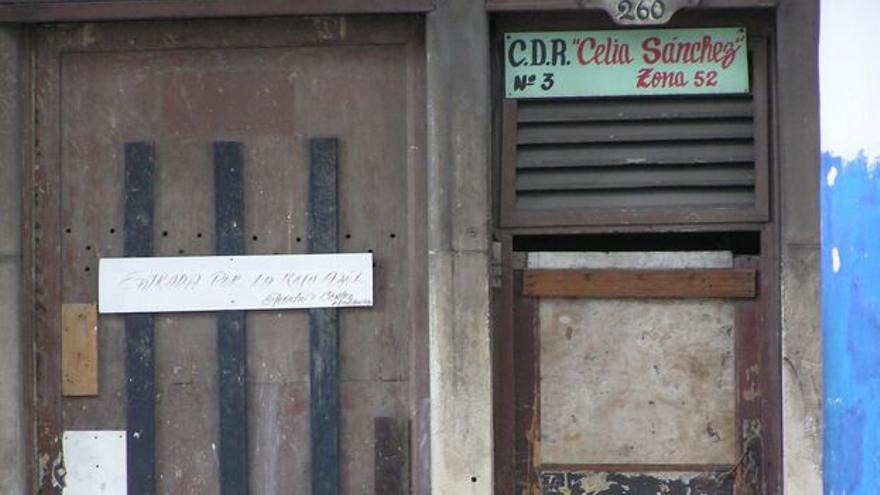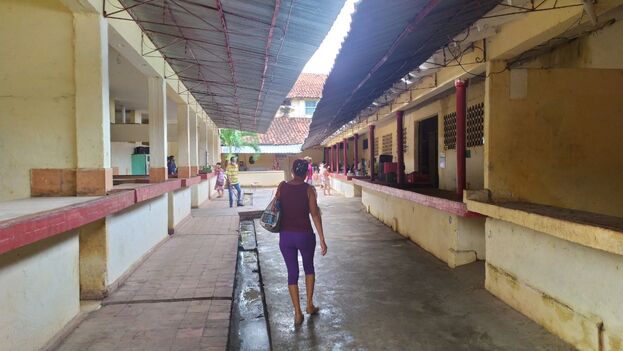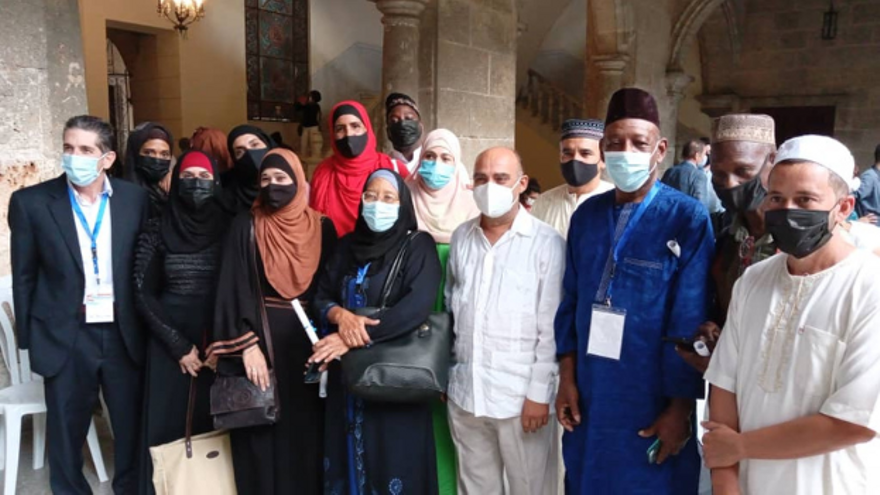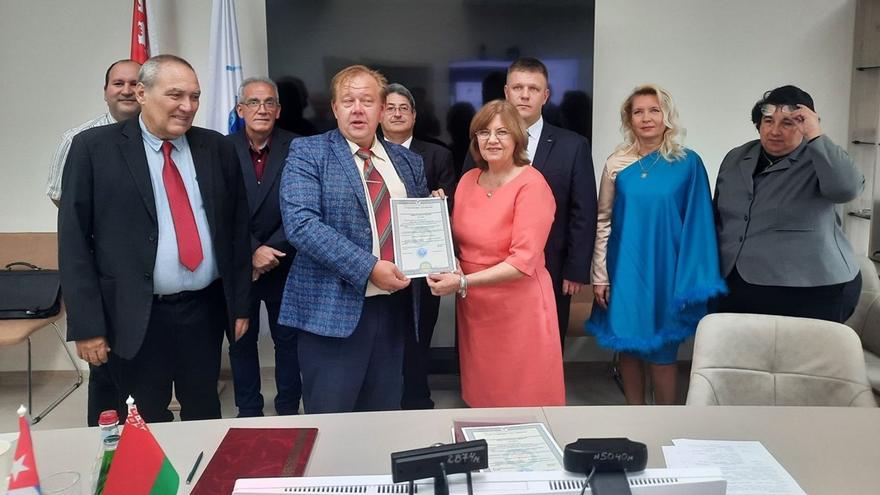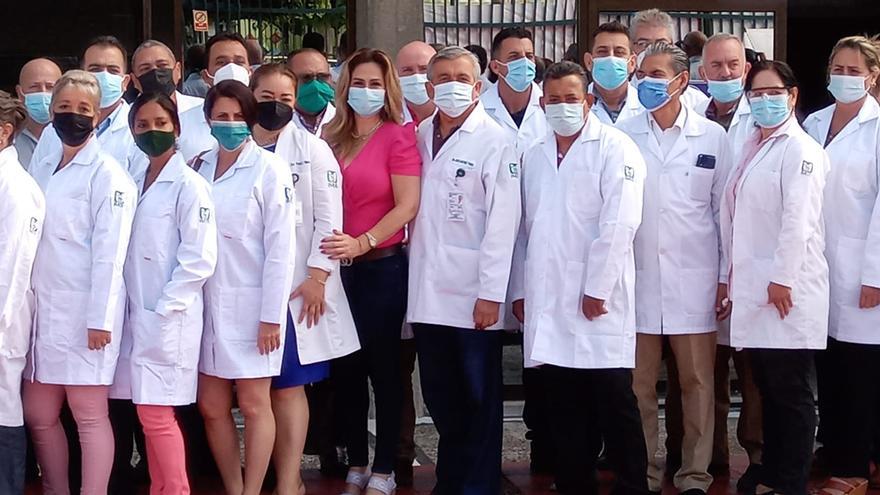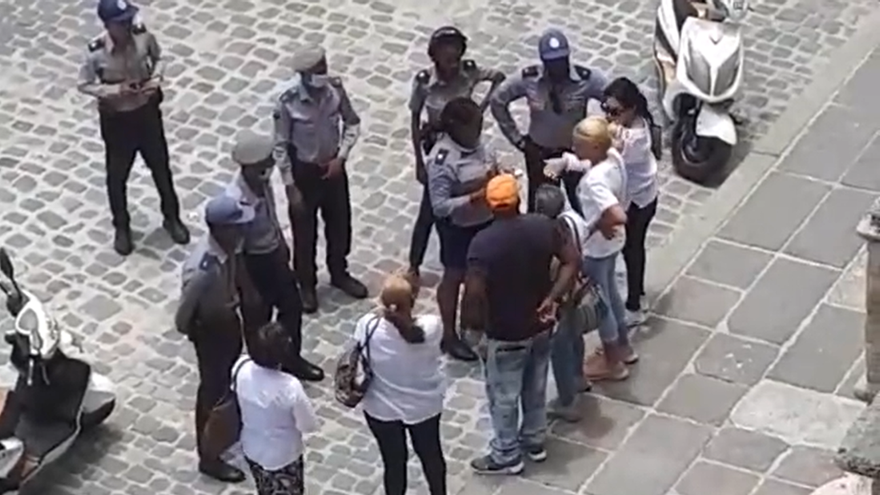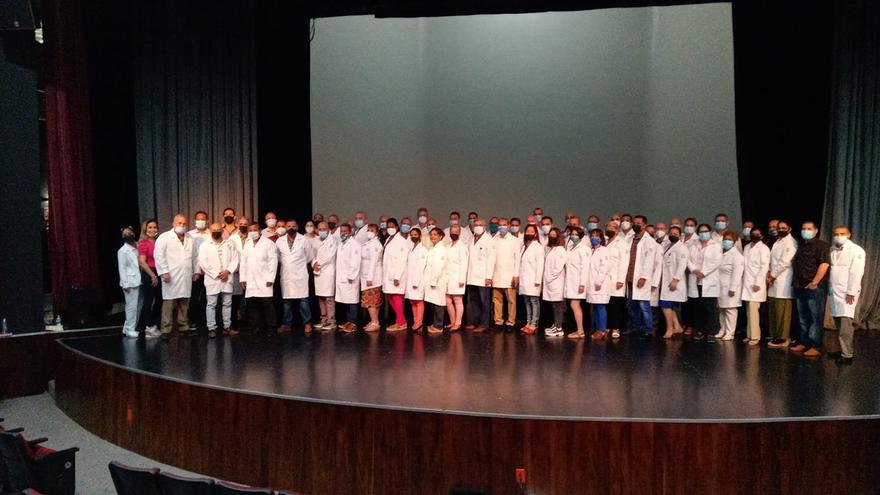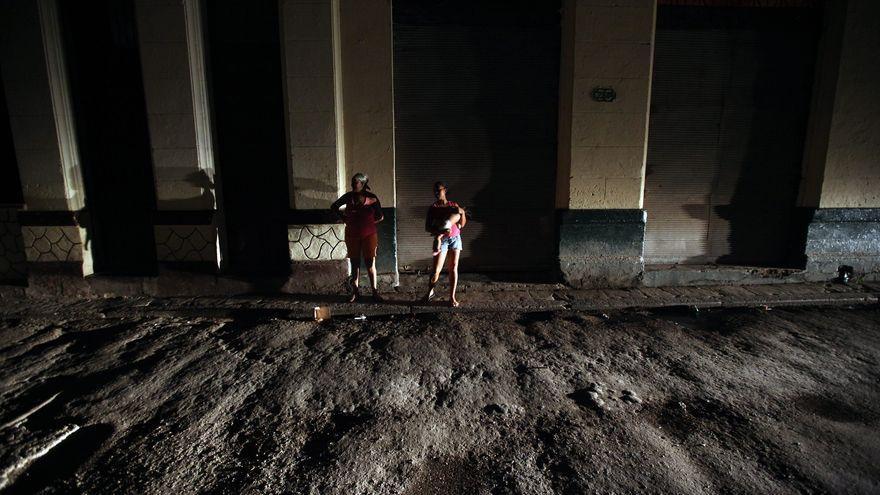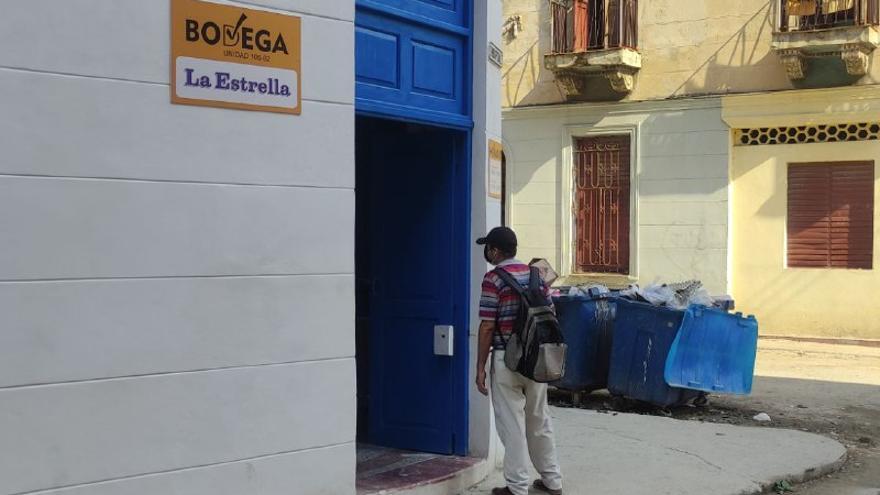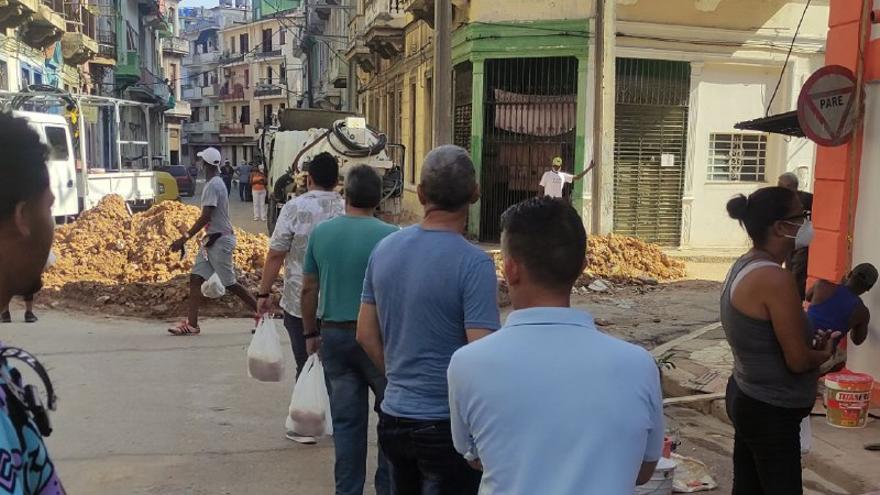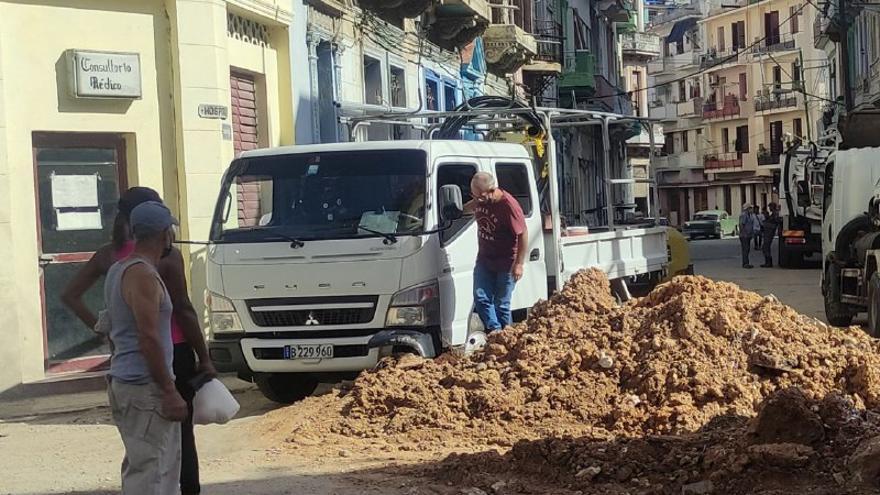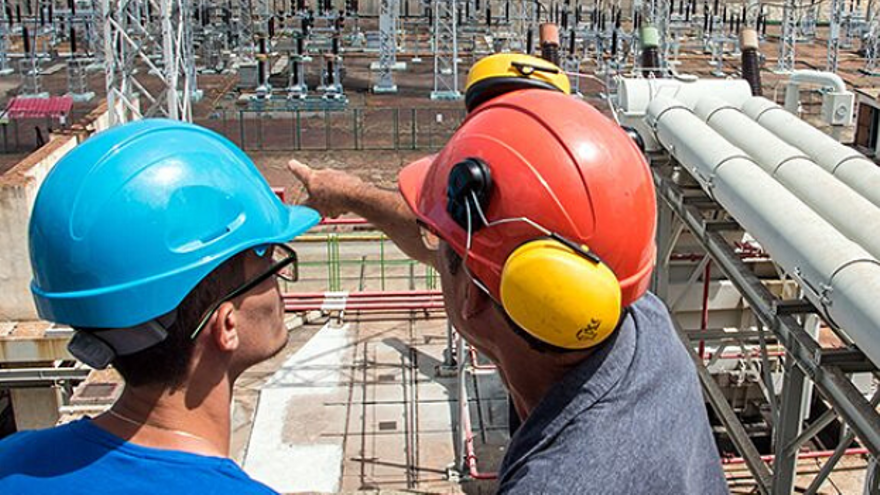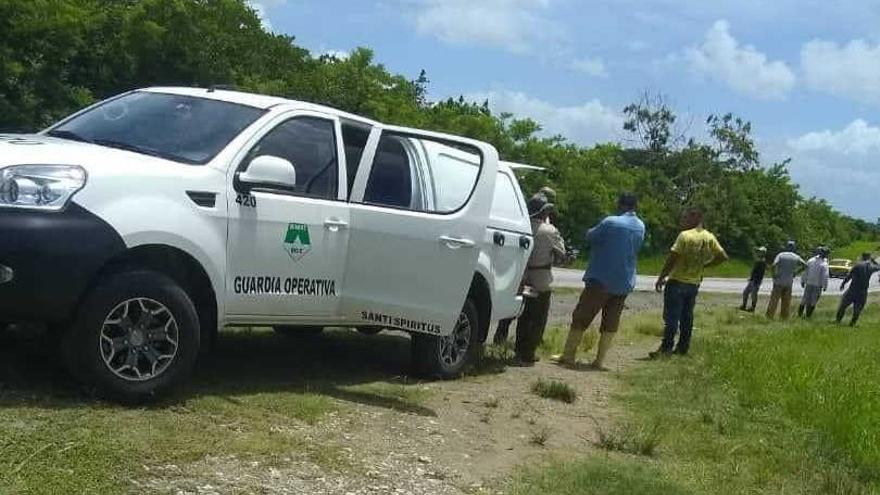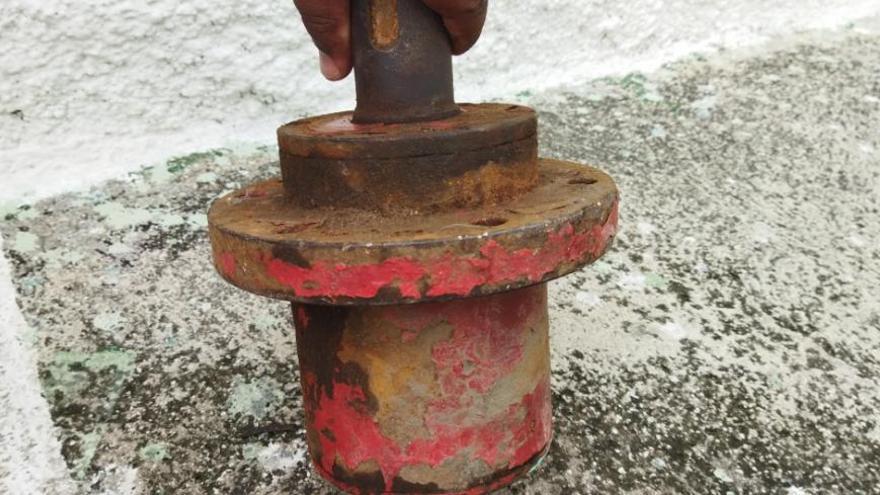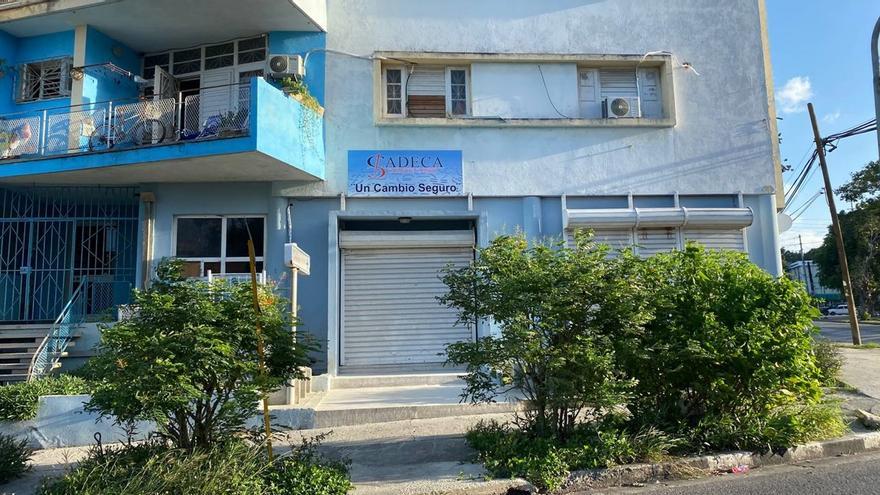
![]() 14ymedio, Havana, 3 August 2022 — In the midst of the deepest economic crisis in two decades, the Cuban government announced the purchase of dollars in cash at 120 pesos starting on Thursday. “We are going to start with the purchase of foreign currency, of all currencies including the dollar, in cash, at a higher rate than today’s exchange rate,” Economy Minister Alejandro Gil Fernández said on State television’s Roundtable program on Wednesday.
14ymedio, Havana, 3 August 2022 — In the midst of the deepest economic crisis in two decades, the Cuban government announced the purchase of dollars in cash at 120 pesos starting on Thursday. “We are going to start with the purchase of foreign currency, of all currencies including the dollar, in cash, at a higher rate than today’s exchange rate,” Economy Minister Alejandro Gil Fernández said on State television’s Roundtable program on Wednesday.
Dollars in cash can only be sold in Cadeca (exchange houses) and banks, but the deposit of dollars in freely convertible currency (MLC) accounts still continues without effect, the President of the Central Bank of Cuba, Marta Sabina Wilson González emphasized on the program, adding that the measure is aimed at natural persons and private-sector actors.
“This type of exchange isn’t the type of balanced exchange rate of the economy,” Wilson González said, insisting that the new rate “isn’t static but will move in function with the market.”
Gil clarified that for the moment, foreign currency won’t be sold to the population and that this new exchange rate “isn’t going to happen immediately.” He said the measure aims to guarantee “an incentive” for people to sell foreign currency to the State.
The Government is recognizing that a professional can barely earn a hundred dollars a month for a full day’s work
This new exchange rate for foreign currencies will be not only for cash but will also include foreign exchange transfers from abroad and deposits that are in MLC (freely convertible currency) accounts, Wilson González said.
The sale of foreign currency, according to Gil, “is a missing piece in the gear, in the mechanism of the economy,” which “in a very slight, very gradual way begins to show signs of recovery.”
Among the justifications for starting the purchase of foreign currency, Gil referred to the informal exchange market that is capturing the currencies that enter the country because of the high price at which they are sold. continue reading
“The success is that you have a level of supply in national currency that generates an incentive for people who own foreign currency or receive it from abroad or international travelers,” said the Minister of Economy, noting that they intend, with the exchange in pesos proposed by the State, for people to “have a level of consumption in the country.”
This Wednesday in the informal market on the island, a US dollar sold at 115 pesos, the euro at 119 and the MLC, a digital currency invented by the Government for stores that that take payment for food and household appliances, at 118. For months, currencies have exceeded 100 pesos in this type of exchange.
The biggest damage from this Wednesday’s announcement is to the salaries of state workers, who don’t have access to hard currency. With this rate, the Government is recognizing that a professional can barely earn a hundred dollars a month for a full day’s work.
Without prior notice, on May 20, 2021, Cuban airports stopped selling foreign currency. The news was announced by Cadeca in a message disseminated through its social networks a few hours before the measure went into force.
The state entity maintained that the low influx of tourists with the pandemic has caused a “significant deficit” of foreign exchange, and that to date it has been able to operate within the established limits, but the lack of liquidity has reached an unsustainable extreme.
The rest of the linked establishments and the banks — both sectors of state monopolies — were not selling dollars or any other hard currency long before, due to the lack of liquidity in the country, which is going through its worst crisis in three decades.
On June 21 of last year, the Government “temporarily” suspended the acceptance of bank cash deposits in US dollars. It then specified that the measure was due to “the obstacles” imposed by “the US economic blockade” and that the domestic banking system couldn’t deposit abroad the dollars it collects on the island.
Translated by Regina Anavy
____________
COLLABORATE WITH OUR WORK: The 14ymedio team is committed to practicing serious journalism that reflects Cuba’s reality in all its depth. Thank you for joining us on this long journey. We invite you to continue supporting us by becoming a member of 14ymedio now. Together we can continue transforming journalism in Cuba.

